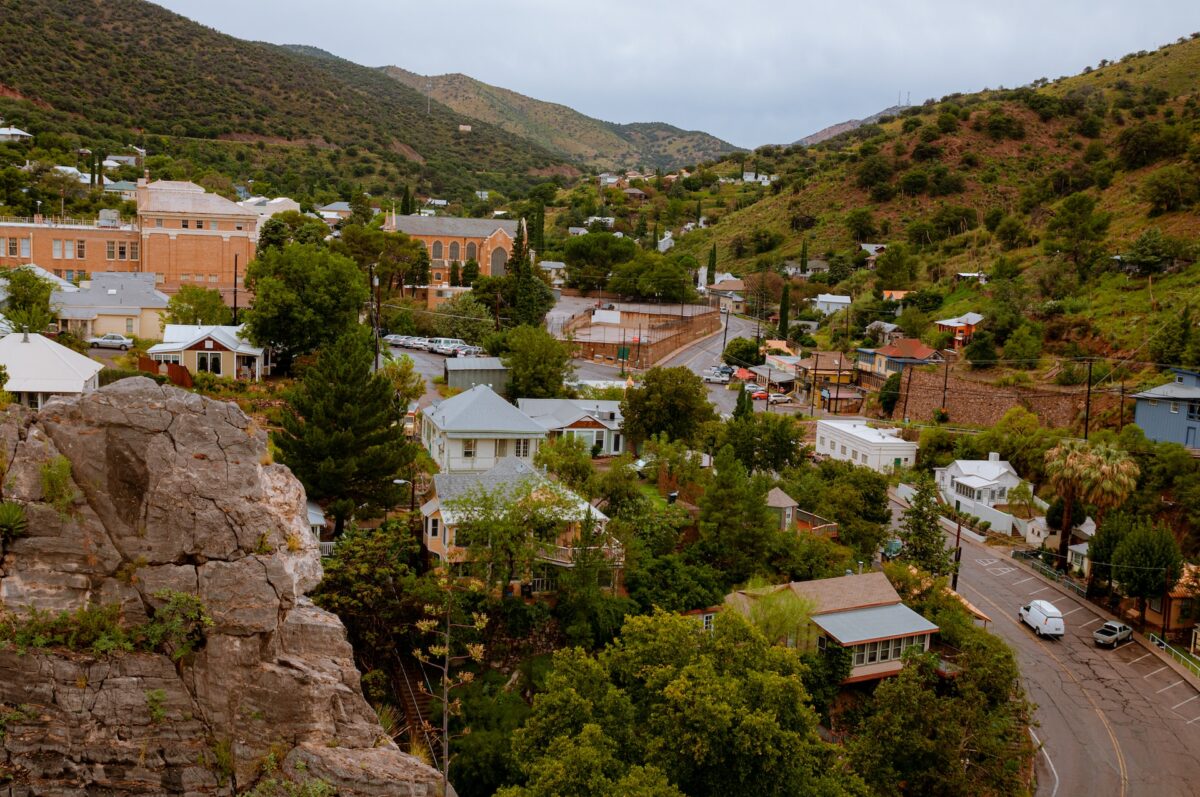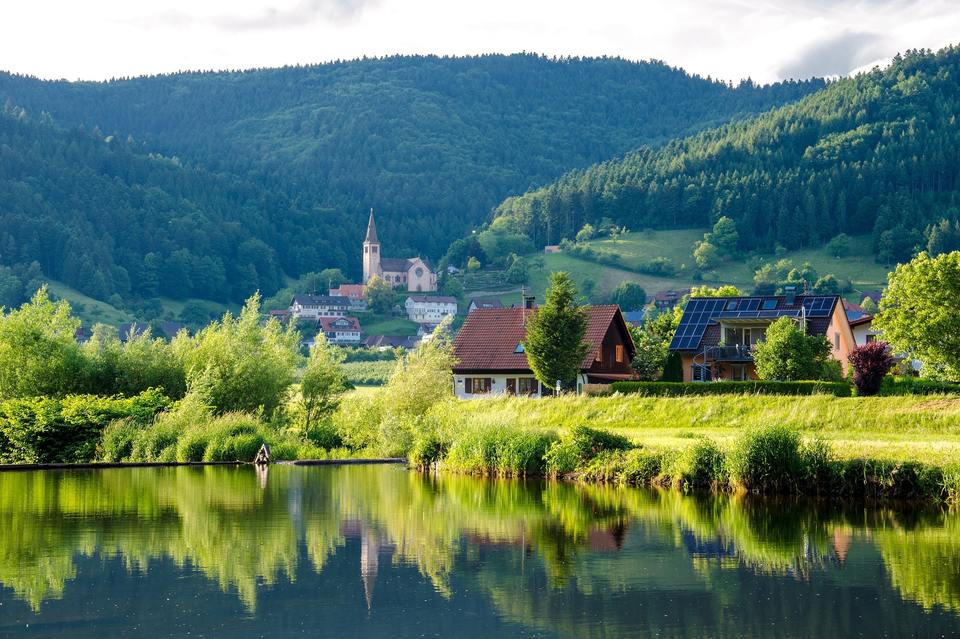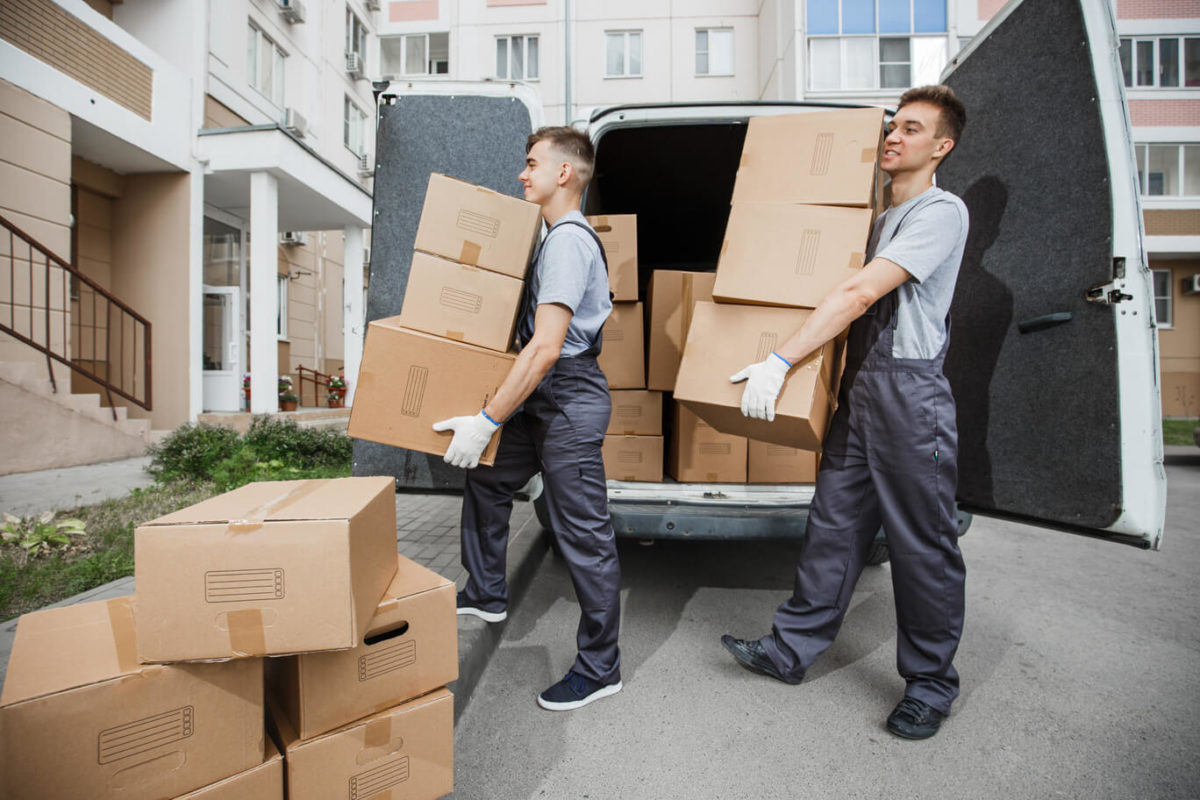Leaving the city’s hustle and bustle may seem as easy as pie because you’re probably already dreaming of being surrounded by picturesque hills and breathtaking nature. You would love some peace and quiet, too. But we can’t base our decision on where to live only on dreams because reality may strike us as disappointing. So, before you leave the lights of urban life behind, get to what relocating to a new state to settle in a less crowded place means. If you know what to expect, you can experience the site the right way and enjoy all the advantages it will offer.
The Perks of Moving to a Small Town
Wherever we move, we like to go into it prepared and armed with information. But those who never lived in a less populated area should have a thorough understanding of what moving to a small town means. It will be different in many ways, so it’s best to know what to expect.


The Reasons to Decide On Leaving the Big City Behind
While urban areas have a particular upside to them, including the unparalleled job markets and proximity to quality nightlife and dining opportunities, we may get tired of the frantic lifestyle. Searching for peace and quiet can be our main reason to move, and while relocating to the suburbs may satisfy this need to some extent, being entirely separated from the urban core means opting in for provincial life.
Why Should I Move to a Small Town?
The most obvious benefit of trading life in a big city for that in the countryside and smaller towns is less noise and more open spaces. Looking forward to having more space and enjoying nature the moment you step through the door of your home can make even relocating to another state alone full of expectation and a sense of adventure. Feeling tired from crowds and the dynamics of urban life can be overwhelming, so a getaway to a peaceful place can be just what you need.
How the Pandemic Affected New Relocating Trends
But, is it better to live in a small town? Many people decided to relocate during coronavirus because this pandemic has made us think thoroughly about our needs and reconsider how our surroundings affect us. The USPS data says that the big cities had a decline in population during the first six months of the virus spread. According to them, there have been more than 15.9 million requests for forwarding mail to another home address in that period, which is about 4% more than in the previous year. Some of the nation’s most populous areas like Brooklyn, Manhattan, Chicago, and San Francisco made the top of the list of cities with the highest number of residents leaving. The following video has some tips about relocating during the pandemic.
How Do You Survive Living In a Small Town? Job Opportunities Are Scarcer
Fewer people in one area and an overall tinier community means that it will be a bit trickier to find employment than to get a job in a new city. You may have to compromise on your career and choose to work outside your college degree and professional qualification. But if you are just patient enough, an opportunity may come your way, or you’ll perhaps take a step toward creating one for yourself. Of course, any digital nomad isn’t bound to a specific place, as they don’t work at jobs that require relocation and may freely enjoy a provincial environment to the fullest extent since they base their work at home.
You’ll Have Less Public Transportation Options That Will Take You to Your Destination
If you are wondering how to live in a small town without owning a vehicle, the answer is that you can’t. You’ll have slim chances to find public transportation options, as smaller places usually have a bus or two a day that travels to the neighboring settlements and perhaps a train that leaves for the more populated cities. That’s why owning a car will be essential. When you contact long-distance movers, make sure you include auto shipping, among other long-distance moving services, so that they can transport your vehicle, too.
But You’ll Say Goodbye to Traffic Jams
When we think about commuting to work or making daily travels to do some other tasks, we always take into account the time we’ll be spending stuck in traffic. In far less populated areas, it’s an easy feat to move efficiently as everything is literally only a 10-minute drive away from you. That means you can get to work on schedule, even if you’ve overslept a little.
You Can Park Your Vehicle With No Problems at All
Finding parking easily at any time of the day is something you will most likely adapt to very fast. Spending hours a week just circling around in search of a free parking spot will be a thing of the past. In some towns, you may even walk to all the shops and enjoy doing it. It means that asking around for parking spots is definitely one of the things to do after relocating you won’t be practicing.


Embrace Yourself, The Strongest Sense of Community Is Coming Your Way
Relocations are not only physically straining but are also emotionally challenging. Although you’ll have to tell your friends you’re relocating, you shouldn’t feel heartbroken, because the modern age has made it easier to keep in touch regularly. But don’t let it stop you from blending into the local community. Once you crack open a barrier between you, a city dweller, and them, you’ll have every benefit of local socializing at your disposal. Support when you need it is something you can freely expect from a smaller place.
Love It or Not, Everyone Knows Everyone
When you say that people in smaller communities all know each other, what comes to mind is that you’ll have to watch who you’re talking about out loud. But in reality, there are benefits to making a home and living in such surroundings. Social and family ties and relationships can be the right thing when it comes to any form of support, but it also makes a community much more tightly bound.


Get Used to a Slower Pace, and You Will Enjoy It
There’s quite a significant difference between dwelling among millions of people and living in a tight community of a few thousand. One of the best perks is that you will come to understand ― Emily Dickinson’s words – “Forever is composed of nows.” Each moment you spend with other people can be enjoyed without the sense of rush. You’ll also have more time on your hands for yourself.
Grocery Shopping Will Be a New Adventure in Your Life
Although you can find basic everyday things in local shops and businesses, you’ll probably spend weekends going on a grocery hunt to a larger settlement. The things you were used to having at the palm of your hand will probably need to be traveled to. Entertainment, shopping, and dining options are not behind the corner, but it’s easy to designate weekends for these things. And it’s going to be easy to save up since you won’t go out that frequently.
Healthcare System Has Its Limits
Perhaps the most considerable inconvenience is that smaller places lack huge healthcare facilities and systems. One of the critical relocating hacks when it comes to relocating to the provincial settlement is to search for all the specialists in the area so that you can be prepared. It usually takes a couple of hours of driving to get to a larger city. However, this is not always the case. Some smaller settlements are located near research and medical facilities, such as college towns.


How to Move to a Small Town – The Preparatory Steps
No matter how tiny or big it is, every move will require organization from the moment we decide to move out to unpacking after a move. If you’ve decided to use different solutions that the cross-country movers have offered, such as packing service or perhaps storage service, you’ll be prepared much quicker. Nevertheless, preparations should start on time and in several phases:
- Start on time, and declutter first. Although you’re probably switching your place of residence for a bigger abode, decluttering will help you get rid of unnecessary stuff. It will lower the cost of your move since there are fewer items to transport. You can donate unwanted items that are in good condition, throw away the broken and damaged objects, and some things you can even sell. Your household inventory list will be shorter, and thus the whole relocation process is cheaper.
- Find out how you can transfer utilities on time. There’s a high chance that the providers available in your future area are entirely different from those whose services you’ve used up till now.
- Find the best-sized boxes and other packing materials so you can start packaging ahead. Don’t skip stocking up on packing paper, tape, foam peanuts, and bubble wrap, but also acquire tools such as the tape dispenser, scissors, and markers. If you label the boxes correctly, it will be easier for you and your long-distance moving company to take good care of each package. You may even want to take a photo inventory of each box so that you can unpack it more quickly.
- Notify everyone of your upcoming move. Start with the Post Office, contact financial institutions such as banks and credit card companies, but also inform your family and friends that you’ll be leaving.
If you manage to organize your move skillfully, it will make the transition to a smaller place of living easier.
Invest In Cross-Country Moving Services on Time
Some people realize that the cheapest way to move out of state and head out to live in the beautiful provincial area is to hire professional movers. Although it may seem pricey at first, you will understand it isn’t once you consider how much you already have on your hands before you move and how much the additional DIY costs can add up. Call a reliable company that can take you to the desired location and have them estimate the value of household goods. After that, you’re all set to go.


Moving to a Small Town Will Open Up Different Possibilities
Reading about the perks, but also a few downsides, you’re left wondering is it smart to move to a small town. If you know that you will enjoy a slower pace, wide-open spaces, and breathtaking sunrises, the answer is yes. But even if you’re not absolutely sure about it, every change of scenery can be beneficial to you. New opportunities will come your way, and the strong community of places such as provincial towns will be there to back you up.






